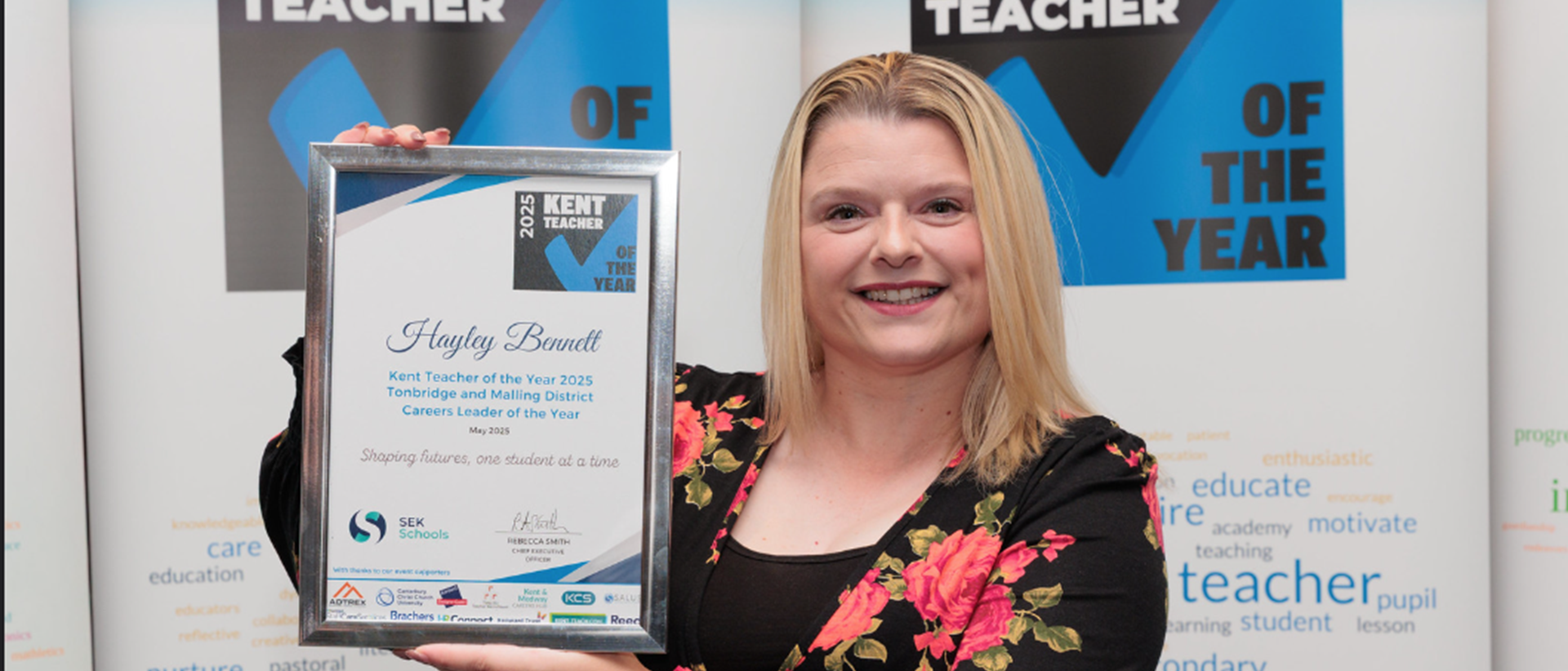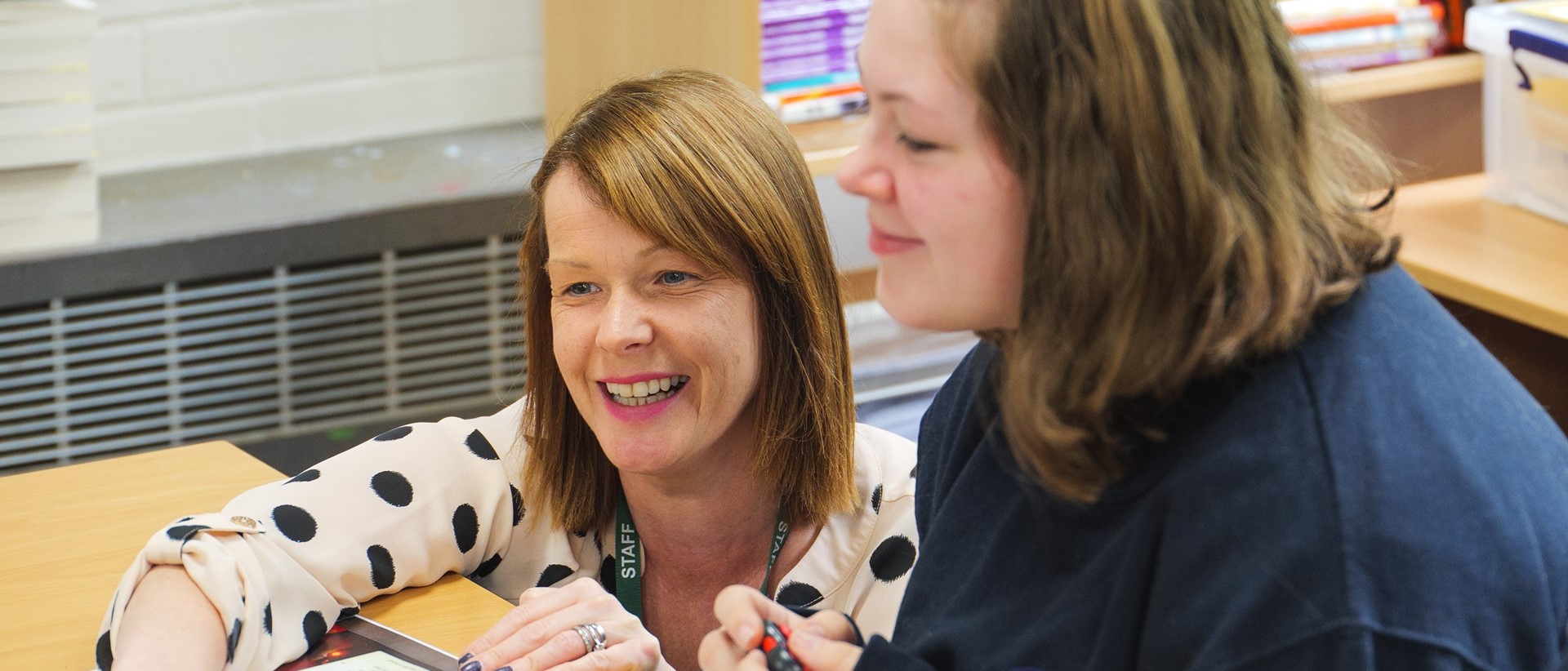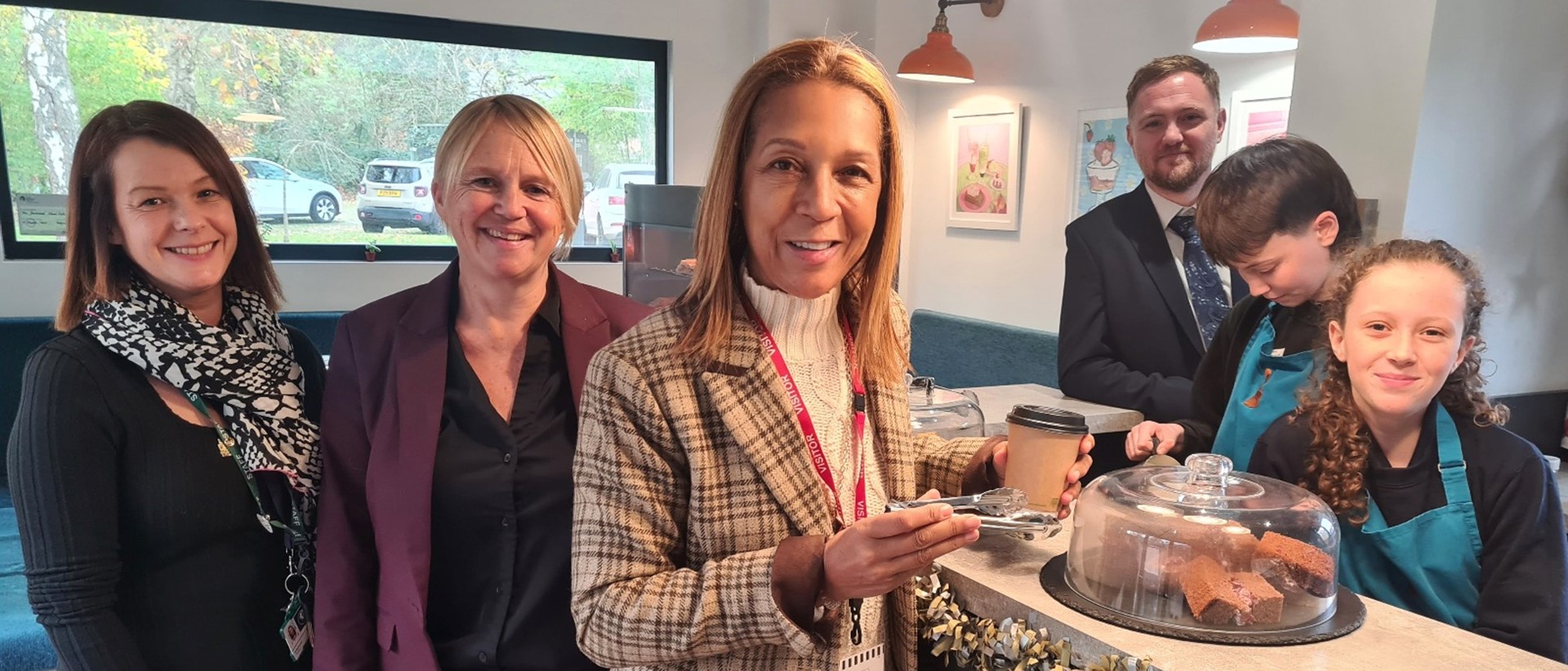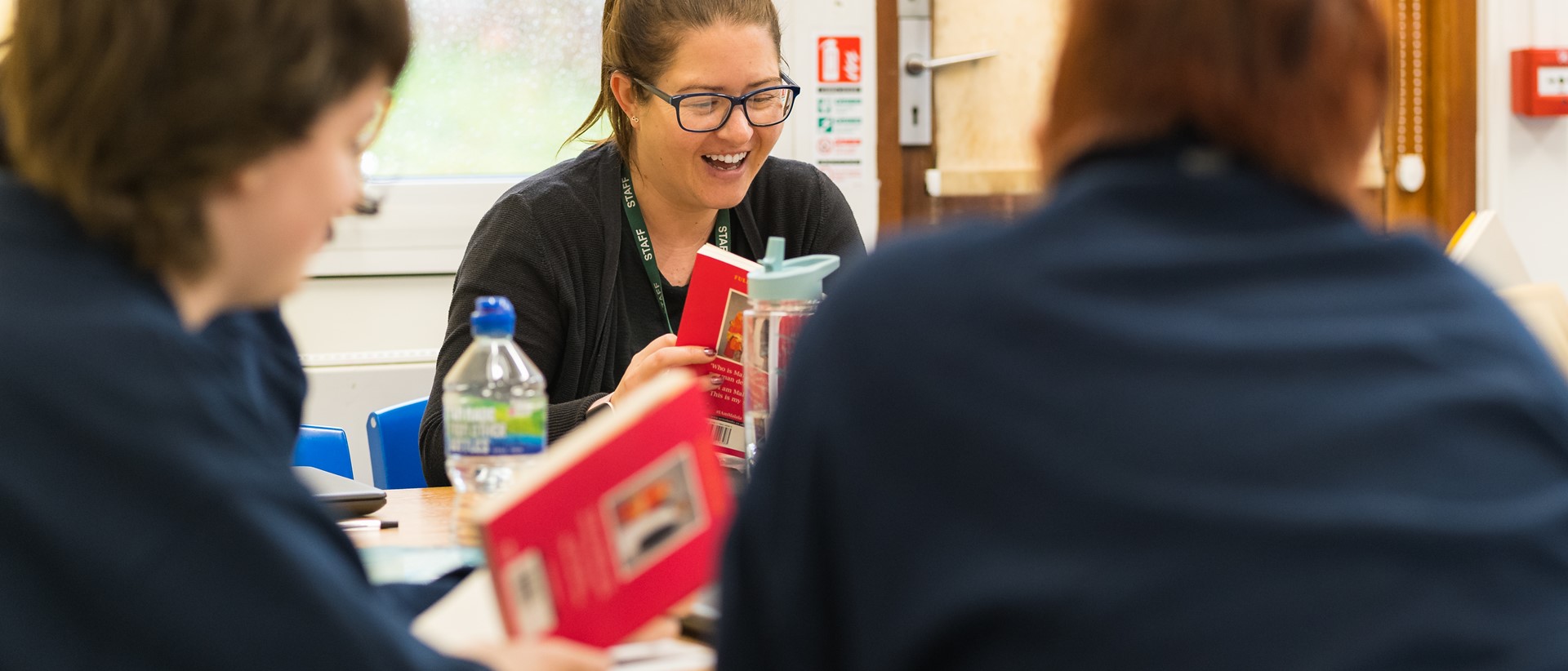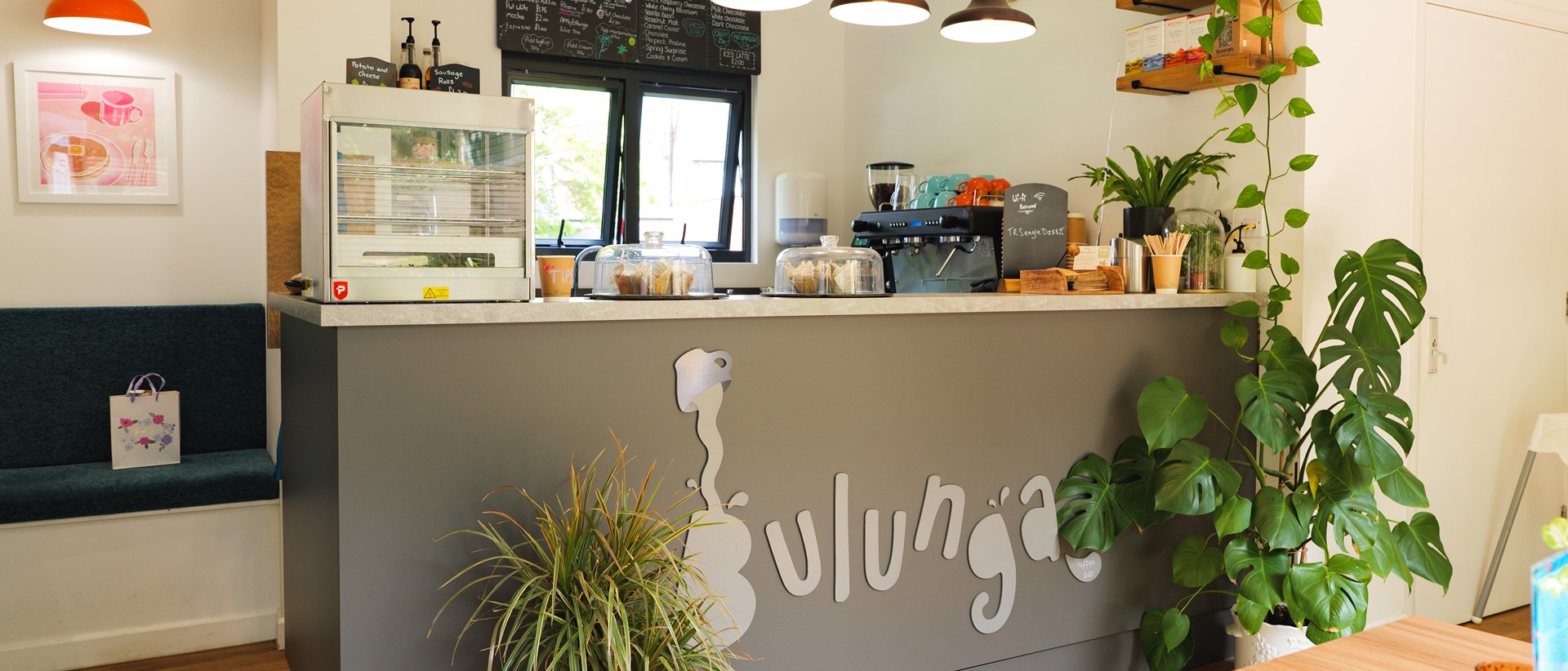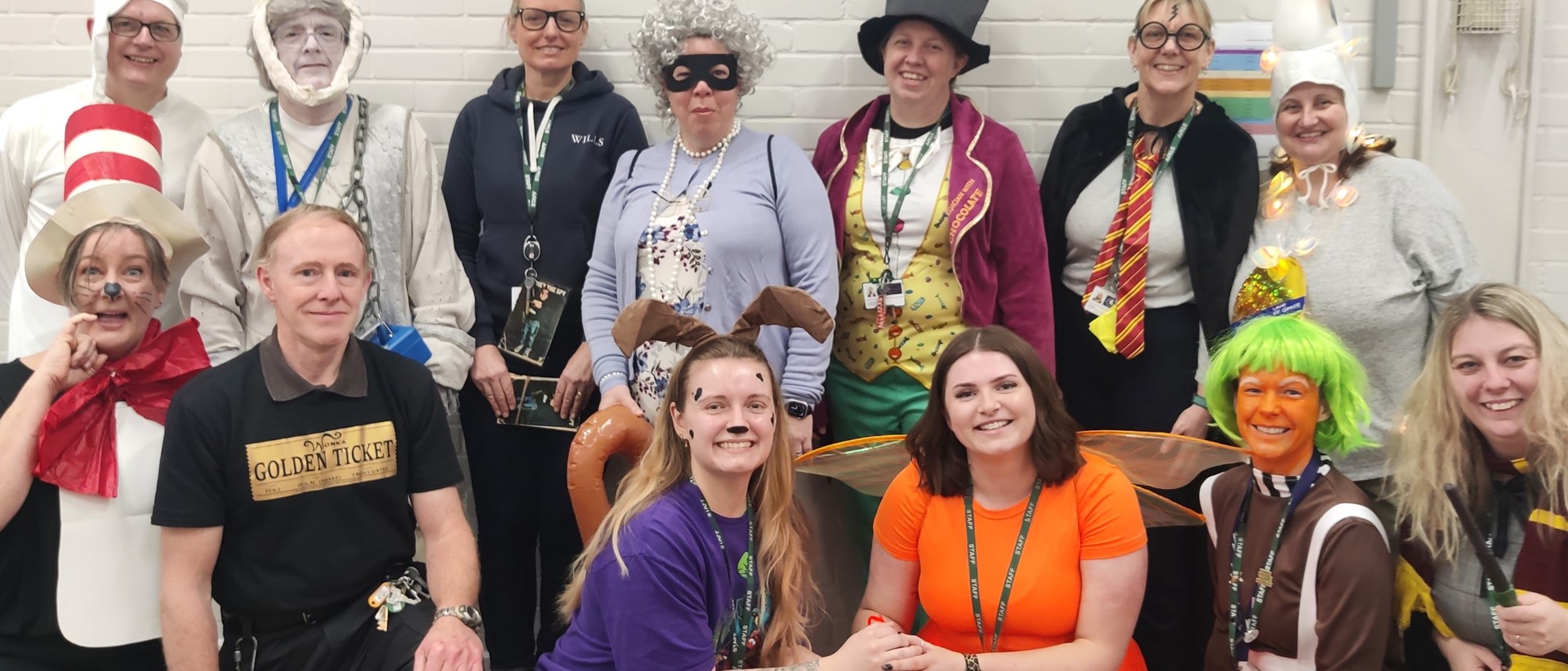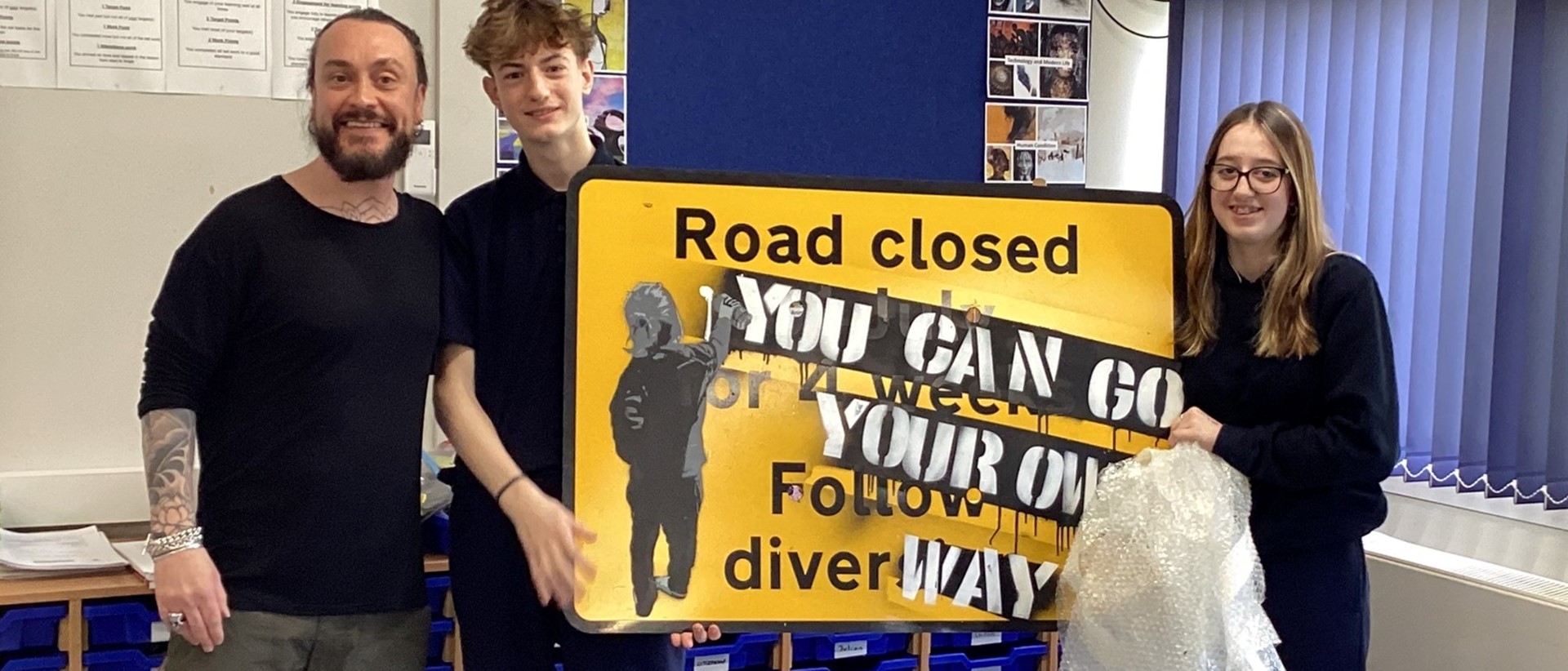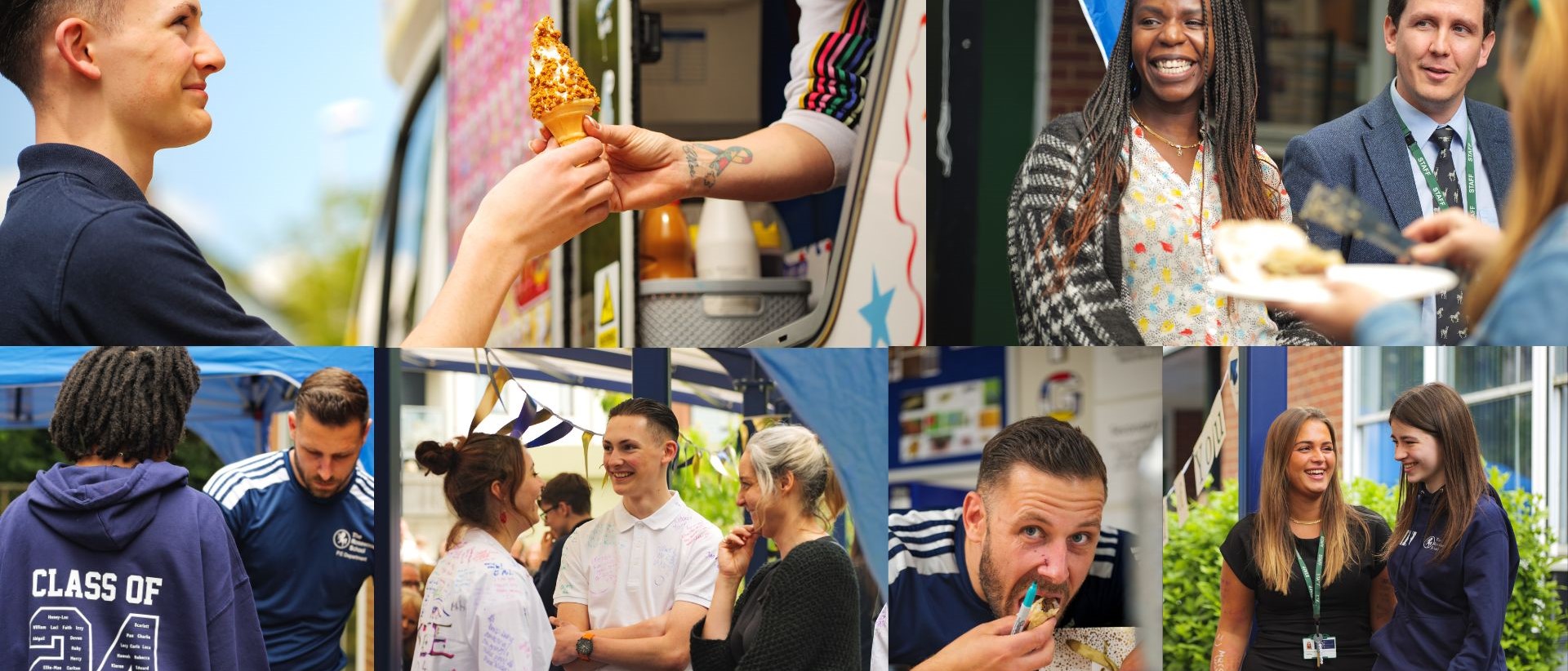At TRS we believe it’s essential that every student understands the full range of opportunities available after GCSEs. Through dedicated careers education lessons, one-to-one guidance, and support from our Careers Adviser (Bethan Liston), we help each student make informed choices about their future.
At the beginning of Year 11 all pupils will have a one-to-one careers guidance meeting with the Careers Adviser and receive a written Action Plan on what they need to do. This will also be emailed home so parents know what was discussed and can help with the actions points. Parents are free to contact Bethan Liston to discuss the Action Plan should they be unsure of anything or want to discuss any aspect.
We start applications to Sixth Form and College in Term 6 of Year 10 by introducing students to Kent Choices, the online application system, and setting up their logins and profile pages. Students that join us in Year 11 then work on their personal statements and course choices in Terms 1 and 2 so that all applications are made by Christmas of Year 11.
Please see the link to Kent Choices, our guide to making an application and how this works at TRS HERE
This page outlines the most common pathways available after Year 11:
📘 A Levels (Advanced Level Qualifications)
A Levels are academic qualifications that allow students to study three or four subjects in depth over two years. They are taught mainly in a classroom setting and involve a high level of independent research, essay writing, and final exams.
Who is it for?
- Students who enjoyed academic subjects at school (e.g., English, Maths, Science, History).
- Those considering university, higher apprenticeships, or professional careers.
- Students who want to keep their options open by studying a broad range of subjects.
Entry Requirements:
- Minimum 5 GCSEs at grades 9–4 (A–C)* including English and Maths.
- Higher grades may be required for specific subjects (e.g. a grade 6+ in Maths to study A Level Maths).
- Some subjects can be taken without having studied them at GCSE (e.g. Psychology, Politics), though strong performance in related subjects is recommended.
Assessment:
- Primarily written exams at the end of two years.
- Some subjects may include coursework or practical elements.
Progression:
- Excellent preparation for university courses (some courses like Medicine, Law or Engineering require specific A Level subjects).
- Entry into School Leaver Programmes or Higher/Degree Apprenticeships.
- Foundation Year university options for those not meeting standard entry criteria.
🛠️ Vocational Qualifications (BTECs, Cambridge Technicals, NVQs)
Vocational qualifications combine practical learning with academic content and are tailored to specific careers or industries.
Who is it for?
- Students who prefer hands-on learning.
- Those interested in a specific career sector (e.g. Health & Social Care, Engineering, IT, Media).
- Students who may not enjoy traditional exam-based learning.
Types and Levels:
- Level 3 (e.g. BTEC National Extended Diploma) – Equivalent to 3 A Levels. Requires 4–5 GCSEs at grades 9–4.
- Level 2 (e.g. BTEC First) – Equivalent to GCSEs. Requires 3–4 GCSEs at grades 3 (D) or above.
- Level 1 / Entry Level – Introductory courses for those with few or no GCSEs.
Structure:
- Combination of coursework, practical tasks, and sometimes exams.
- Usually full-time study of one main subject area.
Progression:
- Direct entry to employment.
- University (many accept BTECs, especially for related subjects).
- Apprenticeships or further vocational training.
🔧 Apprenticeships
Apprenticeships are a great option for students who want to earn while they learn. They combine working for an employer with studying for a qualification.
Who is it for?
- Students who are ready to enter the workplace.
- Those with a clear interest in a specific career field.
- Individuals who are mature, reliable, and motivated.
Structure:
- 80% work-based training, 20% classroom learning (often 4 days work, 1 day study).
- Apprentices are paid a wage (at least National Minimum Wage for Apprentices).
- Study towards a qualification (e.g., NVQ, BTEC, or even a degree).
Fields Available:
- Engineering
- Construction
- Digital Marketing
- Business Administration
- Hair & Beauty
- Health and Social Care
- Law, Finance, and more
Entry Requirements:
- Vary depending on the level:
- Intermediate (Level 2): Usually requires GCSEs at grades 3–4.
- Advanced (Level 3): Typically requires 5 GCSEs at grades 9–4.
- Higher/Degree (Levels 4–7): May require A Levels or a Level 3 qualification.
Progression:
- Full-time employment.
- Higher or Degree Apprenticeships.
- University (many accept applicants with Level 3 apprenticeships).
Tips:
- Start looking early (from February of Year 11).
- Search on the National Apprenticeship Service, college/training provider websites, or apply directly to companies.
- Be proactive: ask friends, family, and teachers about opportunities.
🔄 T-Levels
T Levels are new, high-quality technical qualifications introduced in 2020. They combine classroom learning with an extended industry placement.
Who is it for?
- Students interested in a technical career.
- Those who want a mix of academic and practical learning.
- Students not yet ready to enter employment, but keen on a specific job sector.
Key Features:
- 2-year courses equivalent to 3 A Levels.
- 80% classroom-based, 20% workplace-based (with a minimum 315-hour placement).
- Developed with employers to meet industry needs.
Subjects Offered:
- Health
- Education and Childcare
- Digital Production, Design and Development
- Construction, Engineering, Legal Services (more being added each year)
Entry Requirements:
- Typically 5 GCSEs at grades 9–4, including English and Maths.
- Some flexibility depending on subject and provider.
Progression:
- Skilled employment.
- Higher/Degree Apprenticeships.
- University (most institutions now accept T Levels for relevant degree courses).
🧱 Foundation Learning
Foundation Learning is for students who need additional support or time to progress to Level 2 or beyond.
Who is it for?
- Students who may not yet be ready for full-time study or apprenticeships.
- Individuals with few or no GCSEs.
- Students who thrive in smaller group settings with personalised support.
Course Features:
- Emphasis on building basic literacy, numeracy, and personal skills.
- Includes careers advice, work experience, and employability training.
- Offered at Entry Level and Level 1.
Progression:
- Level 2 vocational courses.
- Supported internships or traineeships.
- Entry-level employment.
🔧 Traineeships
Traineeships are short-term programmes designed to help young people who are not yet ready for an apprenticeship or job.
Who is it for?
- Students aged 16–24 who are unemployed and have little work experience.
- Those who need to improve Maths, English, or workplace skills.
Programme Includes:
- Up to 6 months of training.
- Work experience placement (70–240 hours).
- Support with CV writing, job interviews, and employability skills.
Progression:
- Apprenticeships.
- Further training or college courses.
- Employment.
💬 Need Help Choosing?
Our Careers Adviser, Bethan Liston, is available to support students and families through every step of the decision-making process.
📧 Email: b.liston@trs.kent.sch.uk
📞 Phone:
📍 Book a careers appointment……….
📎 Useful Resources:
General Information
- KentChoices | Home
- Careerpilot
- Careers advice - job profiles, information and resources | National Careers Service
- https://www.allaboutschoolleavers.co.uk/
- https://www.bbc.co.uk/bitesize/careers
- https://www.firstcareers.co.uk/
- https://icould.com/
- https://occupational-maps.instituteforapprenticeships.org/
- https://www.tlevels.gov.uk/students
- https://www.firstcareers.co.uk/
Apprenticeships

